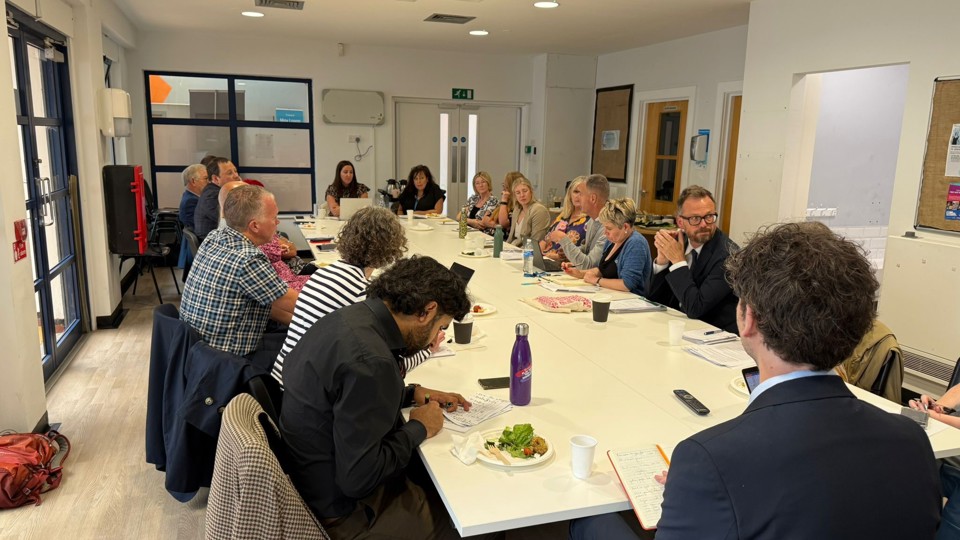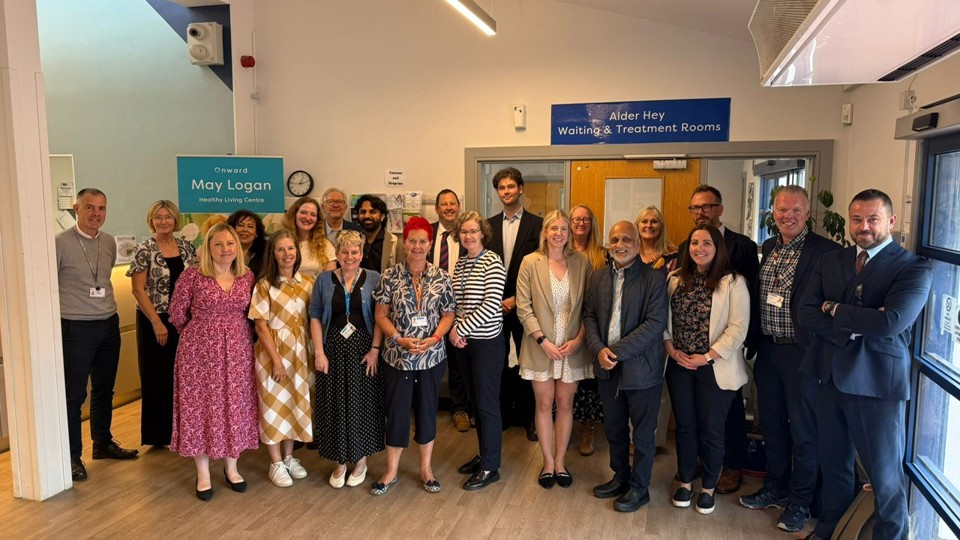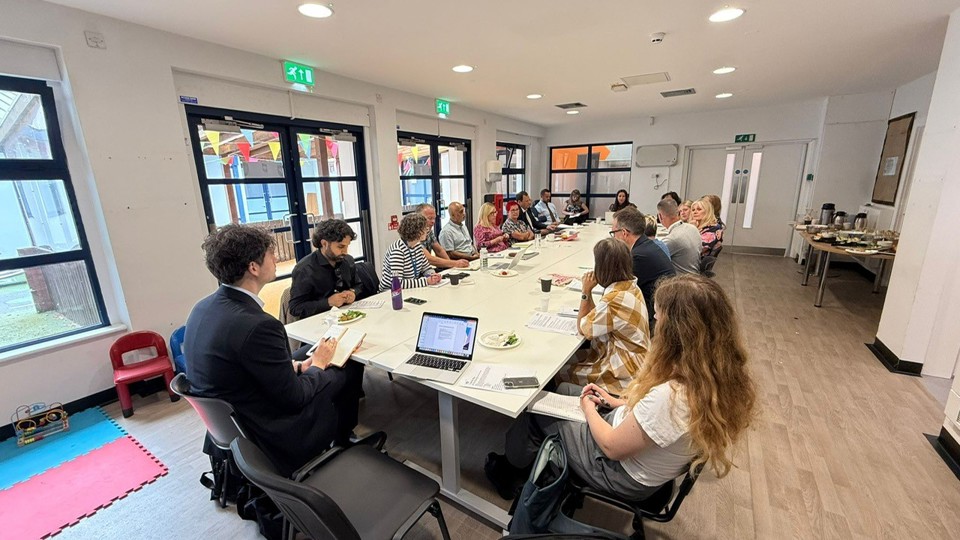New figures show rise in child poverty across Cheshire and Merseyside
Wednesday, 23 July 2025

Child poverty across Cheshire and Merseyside has risen sharply, with more than 111,000 children now growing up in relative low-income households.
Despite significant efforts from the subregion’s public and voluntary sectors, as well as child poverty being recognised as increasingly important nationally, the new figures show 111,793 children under 16 are now living in poverty across the region, up from 107,759 last year. The child poverty rate has jumped from 22.3% to 24.8%, widening the gap with the rest of England and remaining above the national average.
The data also highlights a worrying rise in in-work poverty. Now, 64% of children in low-income households are from working families, up from 60% the previous year.
Meanwhile, 17,600 households across Cheshire and Merseyside are affected by the two-child benefit cap, deepening hardship for many larger families.
Lone-parent households and Black and ethnic minority communities continue to experience some of the highest rates of child poverty in the region.
Child poverty negatively affects nearly every part of a child’s life, including infant mortality, school readiness, educational attainment, mental health, and long-term wellbeing. It also impacts productivity and damages future prospects for entire communities.
Regional leaders from public health, the NHS, children’s services and the voluntary sector, all working together through the Champs Public Health Collaborative, say the rising figures highlight the urgent need for coordinated action at every level.
Last year, the Collaborative issued a joint statement calling for united local and national efforts to end child and family poverty across the region.
As part of this ongoing commitment, they this week welcomed Clare Brookes, the new Head of the Child Poverty Unit, and members of her team to Cheshire and Merseyside to see the local response in action.
The Government’s Child Poverty Unit, established in July 2024, is tasked with coordinating a national response to child poverty by bringing together expertise from across departments. They are working to support the Ministerial Child Poverty Taskforce to deliver the Government's Child Poverty Strategy in Autumn.
During the visit, the Child Poverty Unit met families in Sefton to hear first-hand about the challenges they face and saw examples of how partners across Cheshire and Merseyside are working together through integrated local action to tackle child poverty.
Regional leaders discussed the importance of working together with national Government to support and scale up the progress being made on the ground, outlining five clear priorities they believe would deliver meaningful change.
These include fixing and simplifying the benefits system, with automatic access to Healthy Start vouchers and free school meals, removing the two-child benefit cap, and tackling the stigma preventing some families accessing support.
They called on the Government to empower schools to support families in crisis and recognise school absence as a signal for wider issues. They also recommended greater investment in early years and family services, backed by protected public health funding and full NHS pay award coverage.
Professor Matthew Ashton, Director of Public Health for Liverpool and Co-Chair of Cheshire and Merseyside’s All Together Fairer Board, said:
“Child poverty is rising fast across our region and many of those affected are in working families. This isn’t a future crisis, it’s happening now. Across Cheshire and Merseyside, we’re working together to make a difference locally, but we know we can go further, faster with the right national support. We welcome the Government’s engagement and look forward to working together to ensure every child has the best start in life.”
Dave Bradburn, Director of Public Health for Wirral and the Champs Public Health Collaborative’s Lead for Children and Young People, said:
“Unfortunately we are aware that in each of the nine boroughs in Cheshire and Merseyside, children are living in poverty which will have a devastating impact on their lives. However, we also know that in each of these areas, great work is happening in our public and voluntary sectors to support these families, and I have been delighted to share some examples of the fantastic work taking place across Cheshire and Merseyside with the Child Poverty Unit during their visit.”
Professor Ian Ashworth, Director of Population Health for NHS Cheshire and Merseyside, said:
“These figures are a stark reminder of the widening inequalities across our communities and the urgent need for systemic change. Tackling child poverty isn’t just a moral imperative – it’s a public health necessity. We see every day how poverty undermines the health and life chances of our children, and we are committed to working across sectors to address the root causes. It is only through a coordinated national and local response that we will create the conditions every child needs to thrive.”
Cheshire and Merseyside’s mission to reduce inequalities and improve health and wellbeing is brought to life through the All Together Fairer Programme. Informed by the Institute of Health Equity, this collaborative initiative brings together public, private and third sector organisations with one shared aim: build a fairer, healthier Cheshire and Merseyside. Further information about the programme is available here: Champs Public Health Collaborative.



